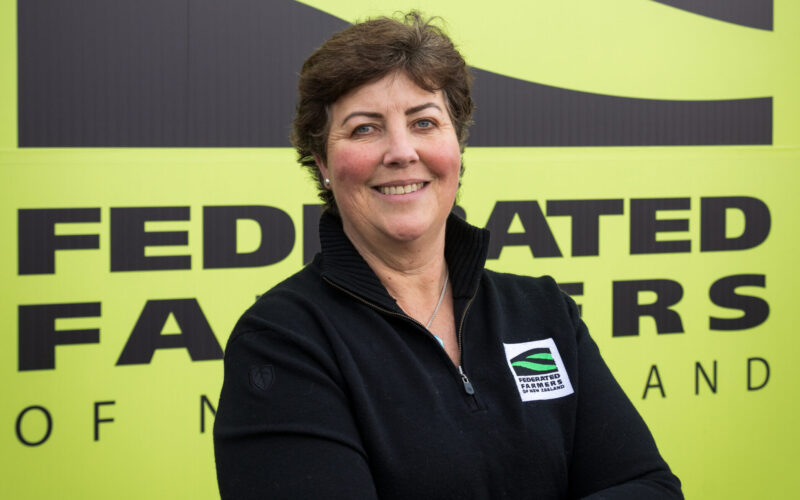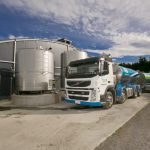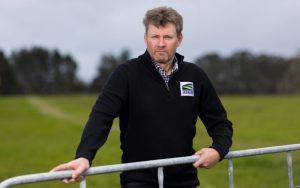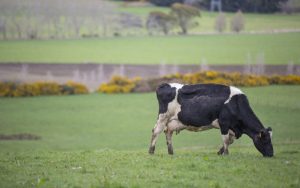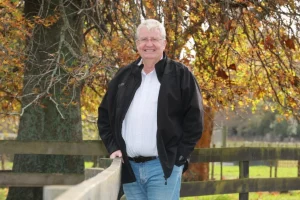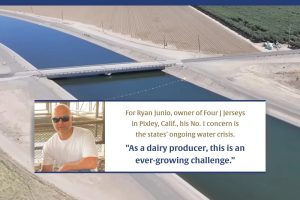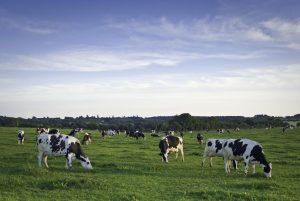
Federated Farmers successfully advocated against rising council rates, saving rural communities money.
A tactic of harnessing Federated Farmers provincial leaders to join policy staff in fighting council rates increases paid off this year.
“It’s always more valuable to give a cause a face,” Federated Farmers local government spokesperson Sandra Faulkner says.
“It’s easier for a council to dismiss the arguments of one of our policy experts as just another submission from an amorphous organisation.
“But to also have local farmers in the room eyeballing councillors is powerful.
“It gives rural families and businesses – the people of the land – a face in the conversation.”
Faulkner says at the very least it creates an environment where elected representatives, keen to show they have listened, are more likely to ask pointed questions of council staff about actions they’ve recommended.
Federated Farmers submitted on 66 district and regional council financial plans this year.
The task was especially important because councils were discussing 10-year Long-Term Plans and budgets.
Rates increases for 2024/25 were substantial, averaging 15% nationally.
However, these rises were even higher for many farmers because of a flawed system where rates are based on land and capital values rather than actual use of council services, Faulkner says.
“We ran a back-to-basics theme on spending, and we stuck to our argument that sharing of council costs should be based on a principle of who gets the benefits.
“That means advocating for greater use of uniform per-property charges, targeted rates, and rural differentials (rates per dollar of property value) to reflect the lower benefit rural people get from council services and the cost to farms of new regulation.”
There were notable wins from Federated Farmers advocacy.
In Kaikoura, a successful challenge from Federated Farmers has saved the average farmer almost $900 a year.
Kaikoura District Council agreed that the rural share of general rates was unfair, reducing the differential from 90% to 80%.
This means semi-rural and rural ratepayers pay slightly less than their urban counterparts, and the higher the farm’s rateable value, the higher the saving.
In Hawke’s Bay, despite 90% opposition from other ratepayers, the regional council decided to move from a land value-based (LV) rating system to capital value (CV).
Federated Farmers strongly supported the change because farms, with a high component of land value, are penalised under the LV system.
The switch to CV will save farmers as much as $1000 each year.
Meanwhile, Carterton District Council proposed removing the 80% rural differential on its general rate.
Federated Farmers strongly resisted the move, and it was abandoned.
Keeping that differential saves farmers between $919 and $1225 a year.
Horizons Regional Council’s drainage schemes have for years been funded by applying 80% of the cost to properties directly benefiting, and 20% on the general rate.
Spreading 20% of the cost wider recognises the community benefit of protecting productive land, and regional and national roads.
When the council moved to reduce the 20% to 10%, Federated Farmers pushed back and the council ended up increasing the regional share to 30%.
In Waitomo, the mayor said Federated Farmers was key to persuading his council to bring in a 3.0 differential (300% of rateable value) on the 20,000ha of exotic forestry land in the district.
This will see forestry companies shoulder a bigger share of roading maintenance costs proportionate to the damage their vehicles cause.
Faulkner, a former district councillor herself, is proud of Federated Farmers’ record fighting the farming community’s corner.
“That’s not just in rates debates either, but also resisting unnecessary and unworkable regulation and district plan changes.
“It can take time to get change to rating policy. Some of the positives we’ve notched this year reflect the momentum of work over successive years.
“There’s is no question in my mind that our constructive work has contributed to a better local government and lower costs for farmers.”
She has another challenge to farmers who get wound up by council costs and red tape: stand for election.
“Feds has a proven track record for getting councils to back away from policies and financial decisions that disadvantage rural property owners.
“But it helps immensely to have people who understand rural issues, who run or work in farming businesses, around that council table.”
With local body elections in October next year, now is the time to think about a campaign, and to reach out to Federated Farmers for support, she says.
“If you’ve ever felt you’d like to contribute to your rural community, standing for election is a great option.”
You can now read the most important #news on #eDairyNews #Whatsapp channels!!!
🇺🇸 eDairy News INGLÊS: https://whatsapp.com/channel/0029VaKsjzGDTkJyIN6hcP1K
